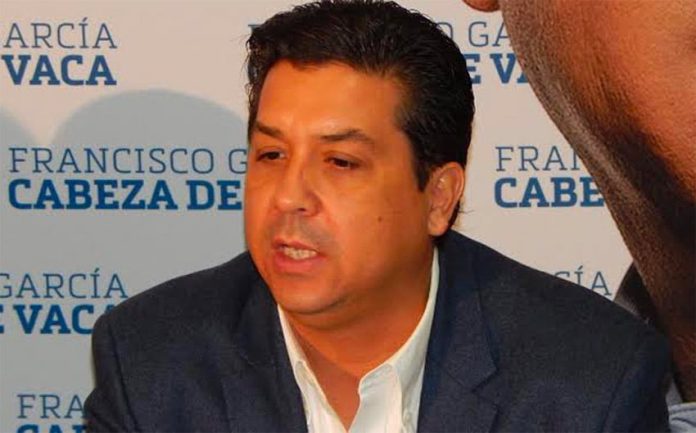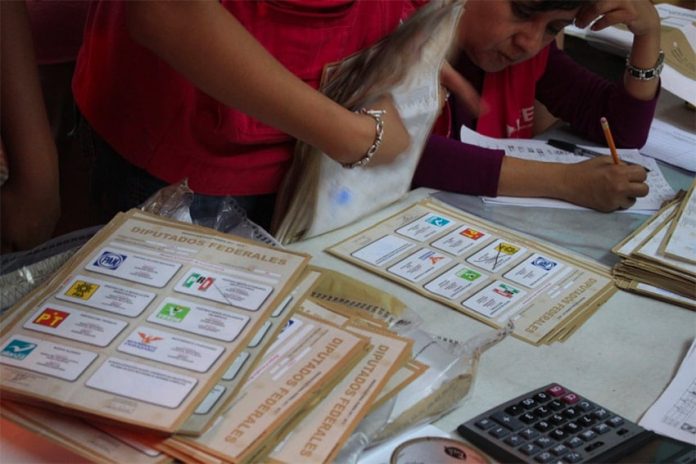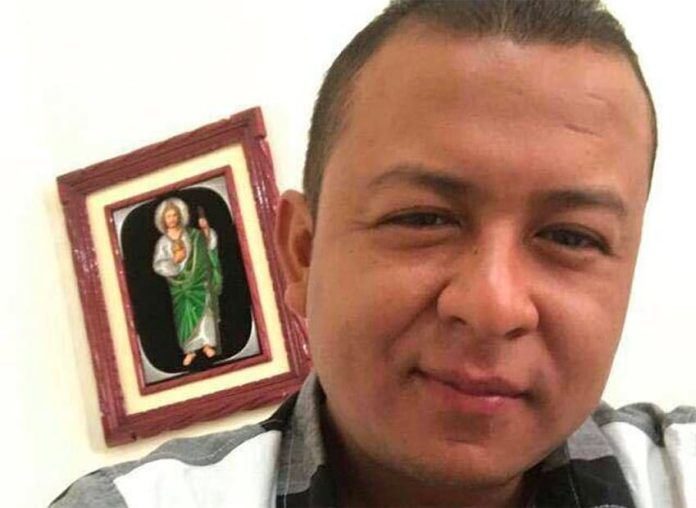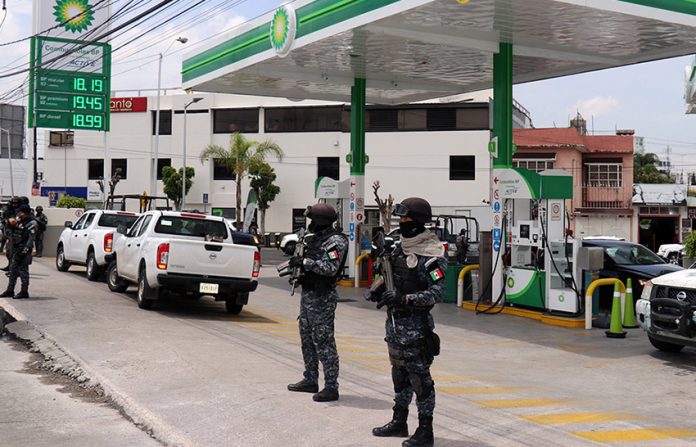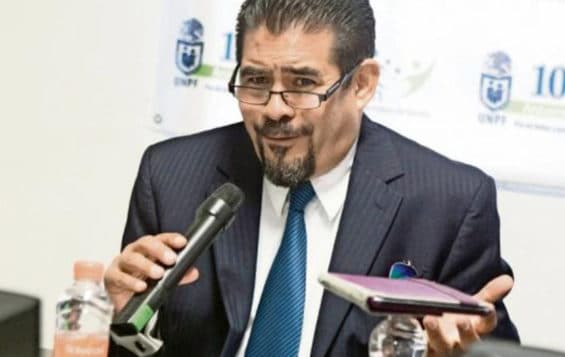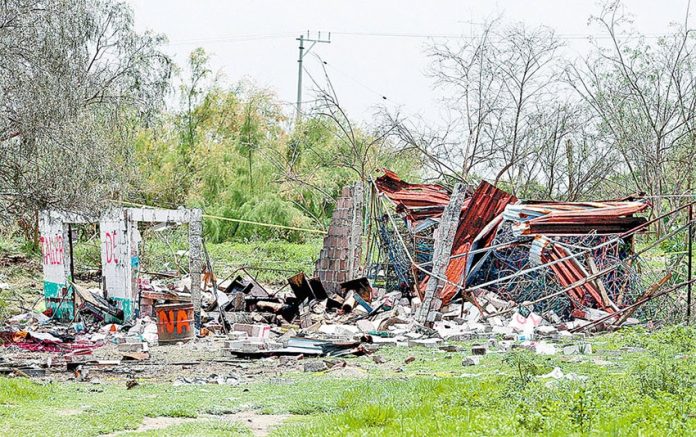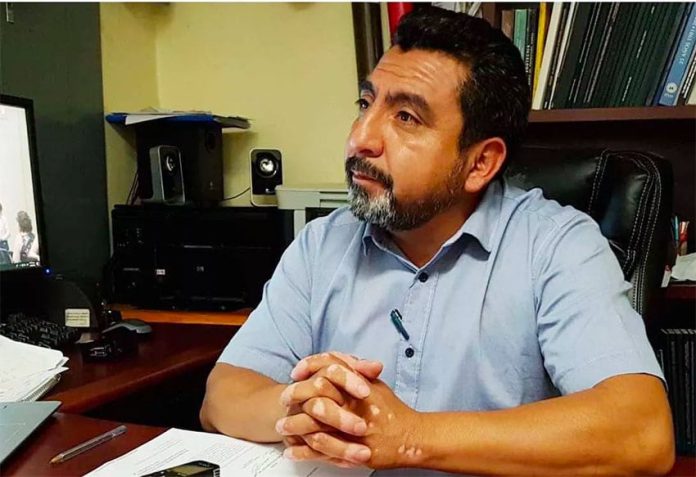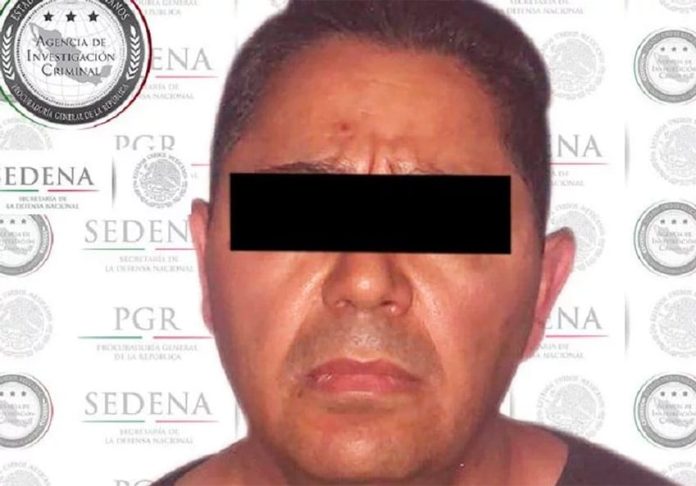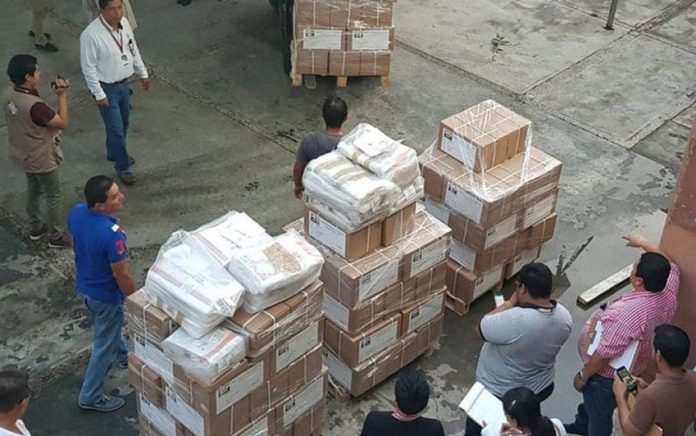Thousands of ballots for Sunday’s elections have been stolen over the past two days in separate incidents in two southern states.
In Tabasco, a total of 11,025 ballots were stolen Monday in the municipality of Macuspana, state and federal electoral authorities said.
A truck parked across a highway near the community of San Antonio forced a vehicle carrying personnel from the National Electoral Institute (INE) to stop.
At the same time, armed civilians arrived in a pick-up truck and proceeded to steal the packets containing the ballots.
State INE official María Elena Cornejo Esparza said one of the INE personnel was treated later at a hospital for fright.
Of the stolen ballots, 6,615 were for state elections including 2,205 for the gubernatorial contest, while the other 4,410 were for federal elections, including 1,470 for the presidential race.
Cornejo said the robbery was an isolated incident and one that doesn’t place elections in Tabasco at risk, but explained that security for INE officials transporting ballots would be beefed up to avoid a repeat of similar incidents.
In Oaxaca yesterday, more than 8,000 ballots were stolen and burned in the Coast region on a road leading to the municipality of San Juan Quiahije.
State electoral authorities said officials were delivering ballot packets to Mixtepec when their vehicle was intercepted by a group of unidentified individuals. The officials were unharmed but 8,204 ballots were destroyed. All corresponded to local elections and were destined for polling stations in three municipalities.
In a statement, the Oaxaca Electoral Institute said it would carry out “the steps and actions necessary so that the burned ballots are reprinted” in a timely manner in order to guarantee citizens’ right to vote.
In addition to ballot theft, electoral authorities are also facing problems installing voting booths in some other parts of the country.
An electoral councilor and the president of the INE’s organization and training committee said Monday there is a risk that around 100 polling stations may not go ahead due to social conflict.
“The number [of voting booths with problems related to their installation] has increased but it’s not something that places any of the elections at risk. It’s a recurring problem in every electoral process. We’re talking about around 100 [booths] out of 157,000,” Marco Antonio Baños said.
However, he stressed that it was not organized crime or violence that were causing the problems.
Instead, regular crime and dangers such as being bitten by a dog were hindering the process of setting up the voting booths, he said.
“Fortunately, violence hasn’t created a situation that has impeded the formation of voting booth committees . . .” Baños said.
Millions of voters will go to the polls Sunday in Mexico’s largest ever elections with thousands of municipal, state and federal-level positions up for grabs.
Source: Milenio (sp), El Universal (sp)
